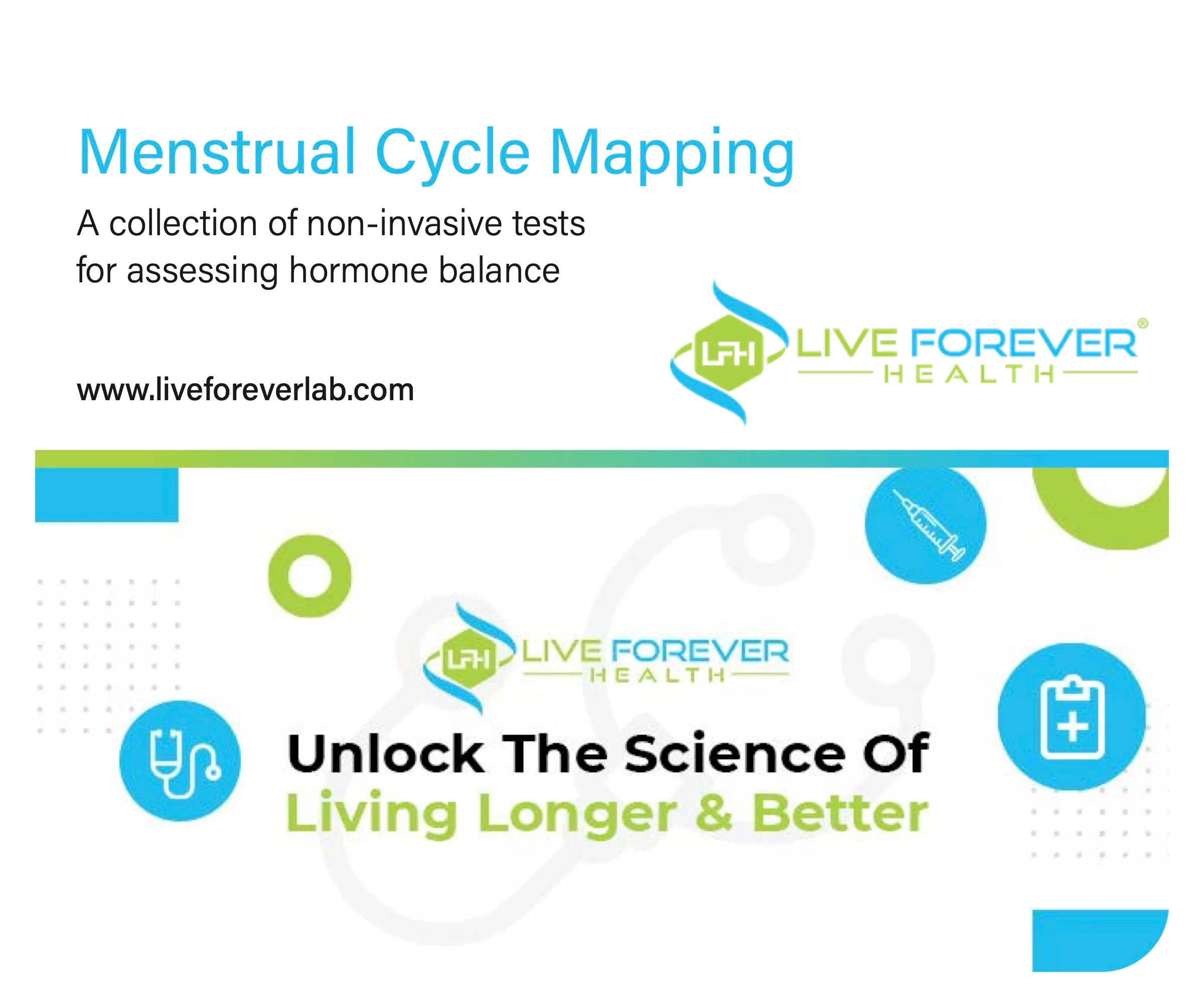
Conditions like PMS, premenstrual dysphoric disorder (PMDD), and infertility can be influenced by these imbalances, leading to symptoms like migraines, mood swings, and problematic menstrual cycles.
Menstrual Cycle Mapping offers a comprehensive overview of hormone levels throughout the entire menstrual cycle, allowing for more precise diagnostic information and tailored treatment plans.
This testing is ideal for menstruating women seeking insights into their hormonal health, fertility, and menstrual symptoms. However, it's not suitable for those on birth control, hormone supplementation, or postmenopausal individuals.
